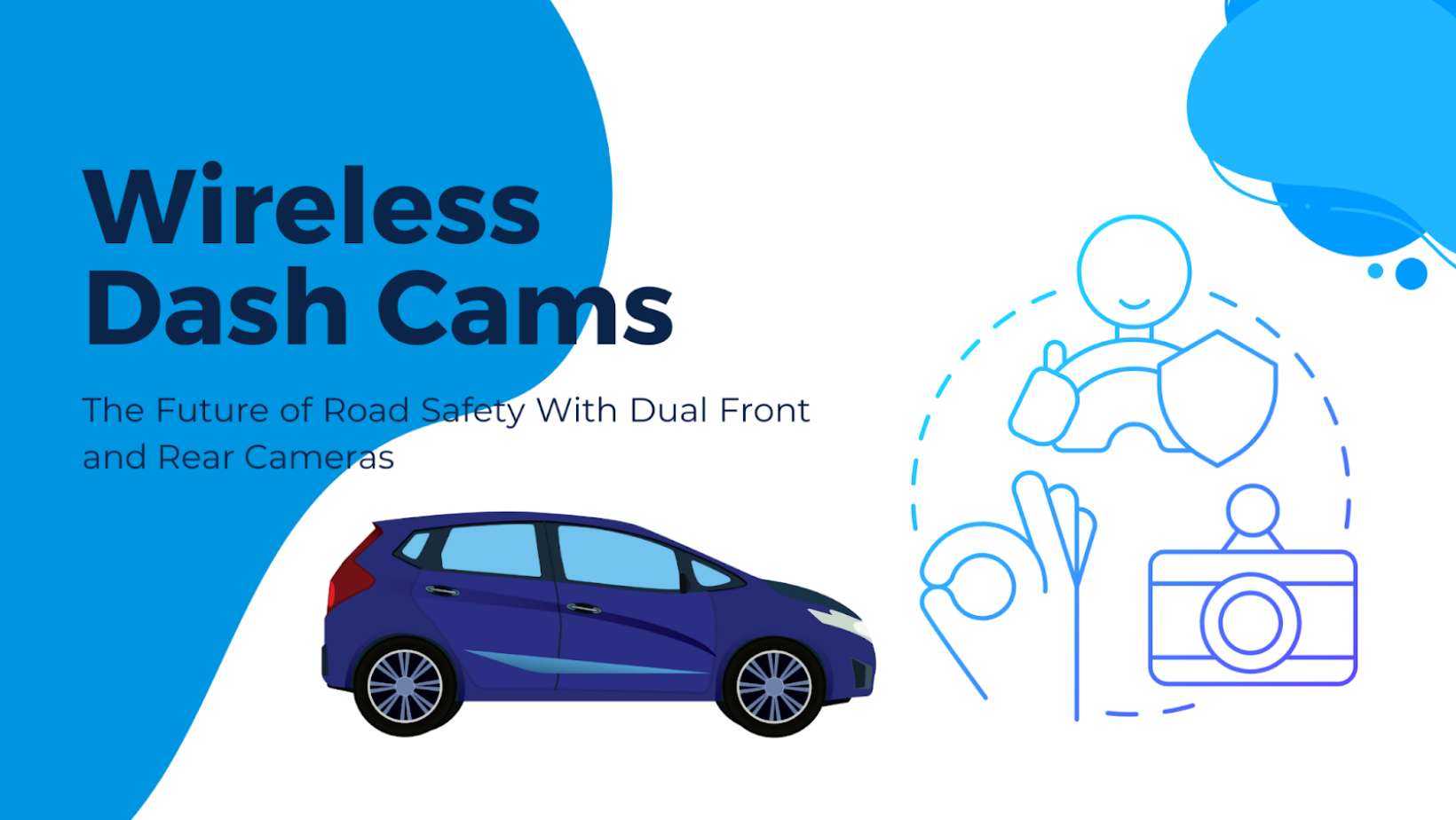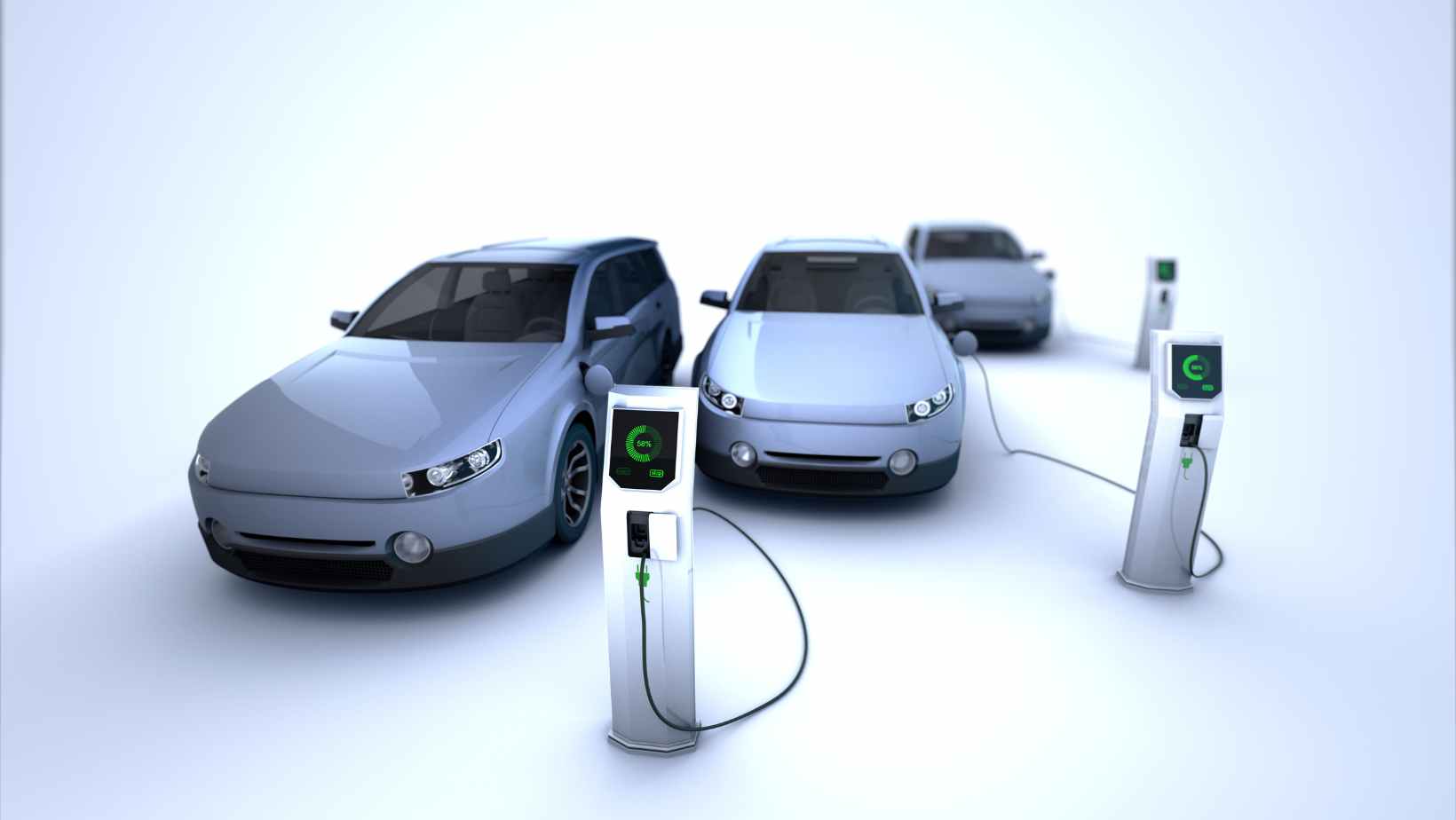Unlocking the Full Potential: Maximizing Value from Your Used Car Purchase
The used car market is rapidly expanding, with more people opting to buy pre-owned vehicles instead of brand-new ones. According to a report by Statista, used car sales in the US reached over 40 million units in 2022, and this number is expected to continue to rise in the coming years.
Buying a used car can be a smart financial decision, especially if you want to save money on car payments and avoid the quick depreciation of a new car. However, it is important to ensure that you are getting the most value out of your used car purchase.
In this guide, we will discuss some tips on how to maximize the value of your used car purchase.
Do Your Research
Before making a used car purchase, it is crucial to research the make and model of the car you are interested in. This will help you determine its overall reliability, known issues, and common maintenance costs.

Websites such as Carfax and Edmunds provide valuable information on used cars, including their market value, ownership history, and any reported accidents or damages. You can also check online forums for reviews and opinions from current or previous owners.
Inspect the Vehicle
Once you have found a potential used car to purchase, it is important to thoroughly inspect the vehicle. This can be done by either hiring a professional mechanic or performing the inspection yourself if you know cars.
Some key areas to pay attention to during the inspection include:
1. Exterior
- Check for any rust or corrosion on the body of the car, including the undercarriage.
- Inspect the paint for any signs of repainting or mismatched colors, which could indicate previous accidents.
- Look for any dents, scratches, or other damages.
2. Interior
- Check the condition of the seats, carpets, and headliner for any tears, stains, or unusual odors.
- Test all the electronic features such as windows, locks, and lights.
- Inspect the dashboard for any warning lights or malfunctions.
3. Mechanical Components
- Check the engine oil to ensure it is clean and at the appropriate level.
- Look for any leaks under the car.
- Test drive the car and pay attention to any unusual noises or vibrations.
- Check the tires for tread wear and unevenness.
Consider a Certified Pre-Owned (CPO) Vehicle
If you are unsure about buying a regular used car, consider purchasing a Certified Pre-Owned (CPO) vehicle. These cars undergo rigorous inspections and come with extended warranties, providing peace of mind for buyers.

However, keep in mind that CPO vehicles tend to be more expensive than regular used cars.
Negotiate the Price
When purchasing a used car, it is always wise to negotiate the price. Use your research on the market value of the car and any potential issues you found during the inspection as leverage for negotiating a lower price.
Additionally, consider timing your purchase towards the end of the month or year, when dealerships are more likely to offer discounts to meet sales goals.
Invest in Maintenance and Upgrades
To get the most value out of your used car purchase, it is important to invest in regular maintenance and upgrades. This not only ensures the longevity of your vehicle but also helps maintain its resale value.
For example, you can invest in a car window tinting service to not only enhance the appearance of your car but also provide protection from UV rays and improve fuel efficiency.
Additionally, keeping up with regular oil changes, tire rotations, and other recommended maintenance can prevent bigger issues down the road.
Conclusion
Buying a used car can be a great investment if done wisely.
By doing your research, inspecting the vehicle, considering CPO options, negotiating the price, and investing in maintenance and upgrades, you can maximize the value of your used car purchase.
So, before making a decision, make sure to take the necessary steps to ensure that you are getting the most out of your investment.
See Also: The Truth About Electric Cars: What You Need to Know










